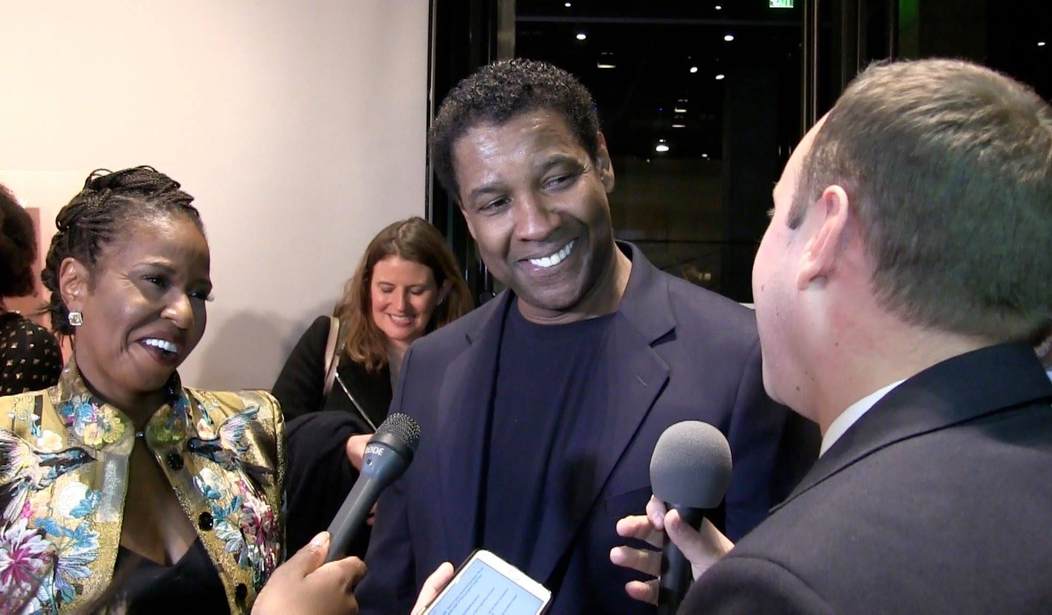When reporters ask celebrities to comment on politics, there’s some sense of an expected answer. No doubt, when a reporter asked Denzel Washington to chime in on the subject of “fake news,” she expected him to offer hand-wringing concern about reckless right-wing commentary. Instead, she got a flat-out rebuke.
What is the long-term effect of too much information? One of the effects is the need to be first, not even to be true anymore. So what a responsibility you all [in the media] have… to tell the truth, not just to be first, but to tell the truth. We live in a society now where it’s just first. “Who cares?” [the media seems to say,] “Get it out there. We don’t care who it hurts. We don’t care who we destroy. We don’t care if it’s true. Just say it, sell it.”
That’s correct. Journalists bear responsibility to seek first the truth. For better or worse, as consumers of media, we retain the ability to hold journalists accountable through our patronage.
The market will grow to handle “fake news” in time. Right now, social media and the internet remain relatively recent developments. The market has yet to process the abundance of available information. People see headlines in their newsfeeds and accept them on faith without reading the article or vetting the source. But the very advent of “fake news” as an issue indicates a growing awareness which will eventually result in greater discernment, both personally and institutionally. Just as newspapers, magazines, and television news programs develop reputations for accuracy, online outlets will become known for their status on the spectrum from hard news to tabloid garbage.









Join the conversation as a VIP Member